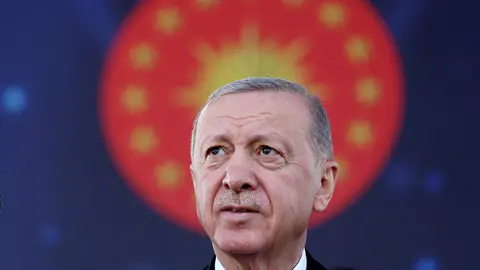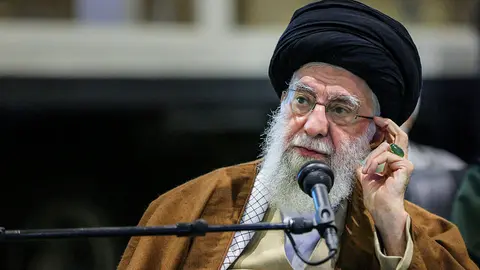Turkey strengthens its influence in Syria and offers military support to new administration

Turkey continues to move towards consolidating its position as a key player in Syria after the fall of Basra al-Assad. After reopening its embassy in Damascus and its intelligence chief visiting the Syrian capital, Ankara has said it is ready to provide military training if requested to do so.
‘In its first statement, the new administration that ousted Assad announced that it would respect all government institutions, the United Nations and other international organisations,’ Turkish Defence Minister Yasar Guler said, according to Reuters. According to Guler, it is necessary to see what steps the new authorities will take and ‘give them a chance’.
Turkey has backed Syrian rebel groups during the civil war, especially the Free Syrian Army (FSA), with the aim of overthrowing al-Assad and weakening Kurdish forces in the north of the country, where Ankara has annexed several territories, such as Afrin, Azez, Jarablus, Ras al-Ain and Tel Abyad.
According to Guler, Ankara will discuss and reassess its military presence in Syria with the new Syrian administration ‘when the necessary conditions arise’.
Guler stressed that the time has come to restore stability and democracy in a prosperous and politically unified Syria, stressing that Turkey will provide Syria with all the necessary support to adopt an inclusive constitution, hold free elections and integrate the country into the international community.
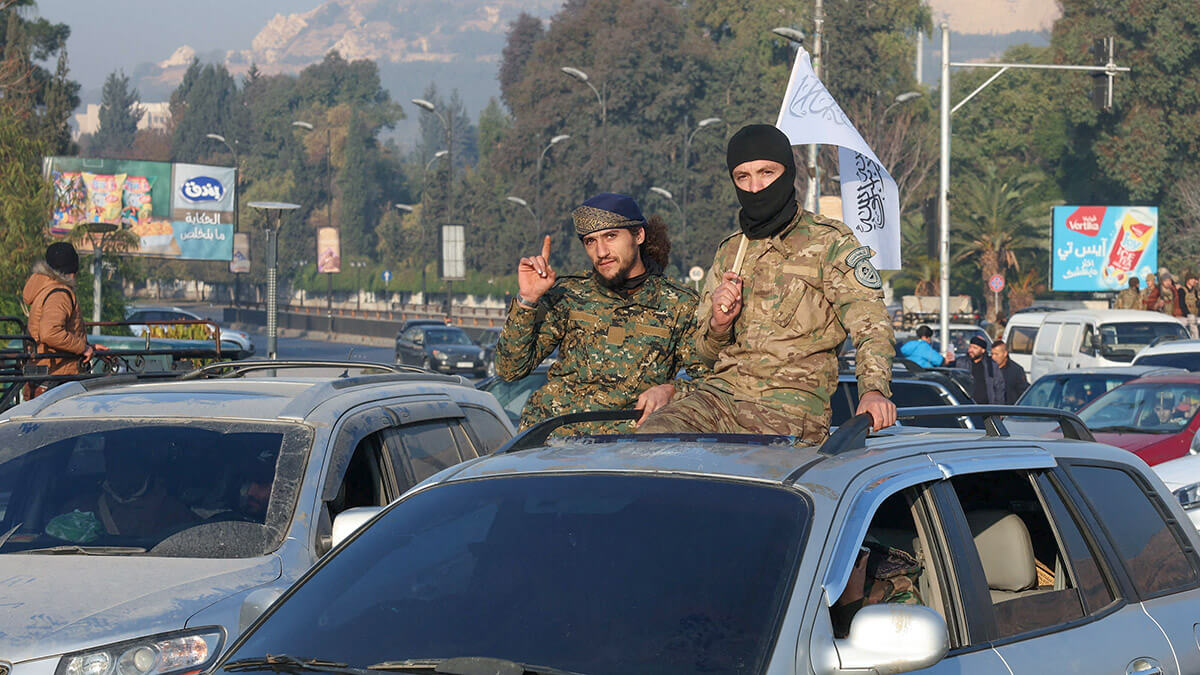
While some interpret the Turkish presence as an attempt to fill the vacuum left by Iran and Russia in Syria, Guler stressed that there was no indication of a Russian withdrawal from Syria. ‘They may withdraw some ships to Russia for maintenance and replacement, but I don't think they will leave Syria at this point,’ he added.
Ankara's aim in Syria, as well as extending its influence, is to eliminate the Kurdish militias encompassed by the Syrian Democratic Forces (SDF), a US-backed group that was and is key in the fight against Daesh. Ankara links the SDF to the Kurdistan Workers' Party (PKK), an organisation considered terrorist by the Turkish authorities.
‘In the new period, the PKK/YPG terrorist organisation in Syria will be eliminated sooner or later,’ Guler said, stressing that members of the organisation from outside Syria ‘will leave the country’, while Syrians ‘will lay down their arms’.
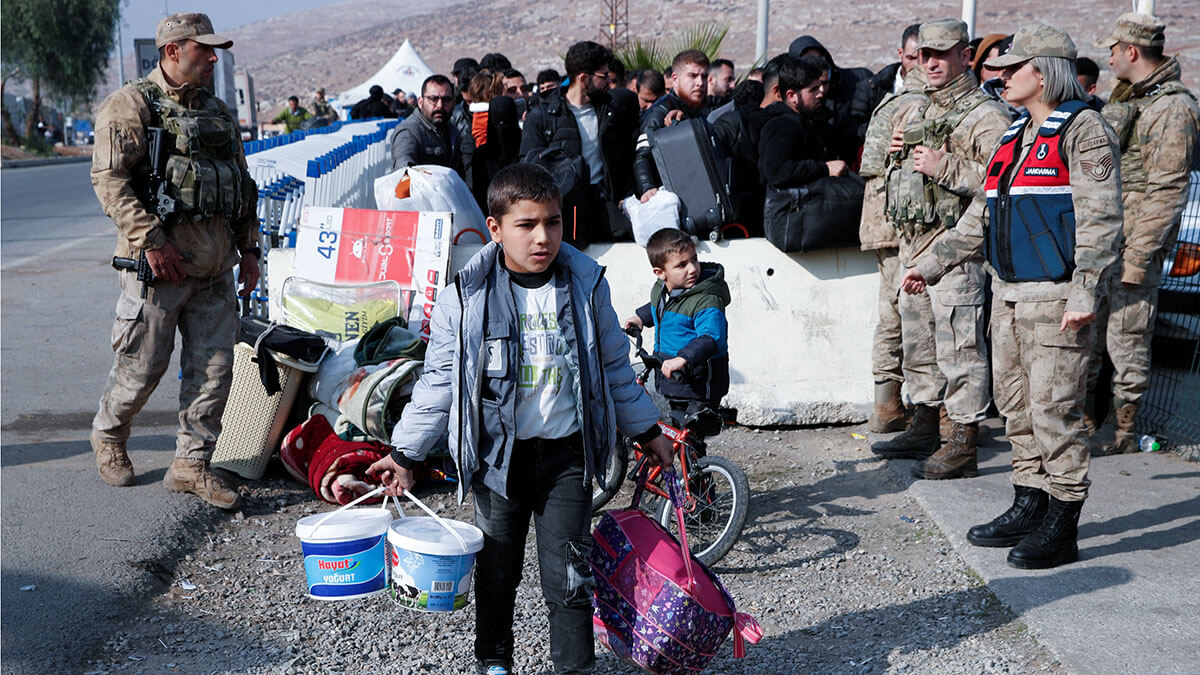
Guler's offer of military cooperation with the new Syrian administration reflects Turkey's interest in rehabilitating the Syrian armed forces, either by supplying weapons or by training armed factions.
Syria has been left with virtually no military capabilities after the Israeli army's attacks. On the other hand, the new authorities have announced their intention to disband the former regime's security forces.
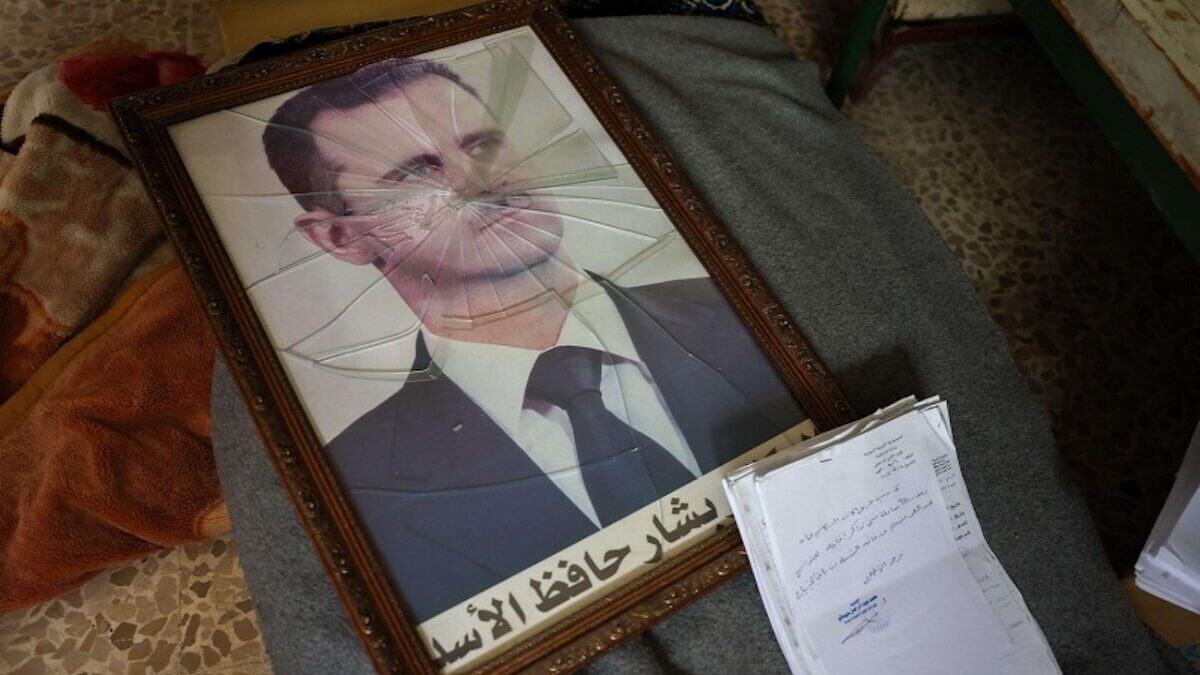
In this situation, Turkey emerges as the most viable option to rehabilitate the Syrian army due to its training expertise and ability to provide the necessary military tools, backed by its growing strength in military industrialisation.
Libya is one of the key countries in the region that has already signed a defence agreement with Turkey. The Turkish military intervention in 2020 not only tipped the balance in favour of Tripoli's forces, but also contributed to the rehabilitation and reorganisation of Libyan forces in the west of the country, creating a regular core parallel to the forces in the east, led by Marshal Khalifa Haftar.

